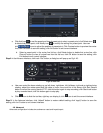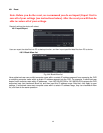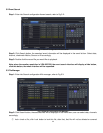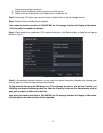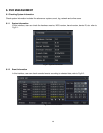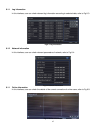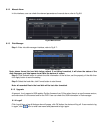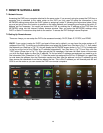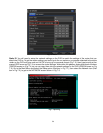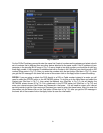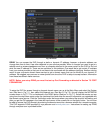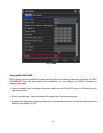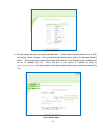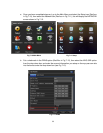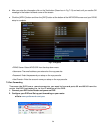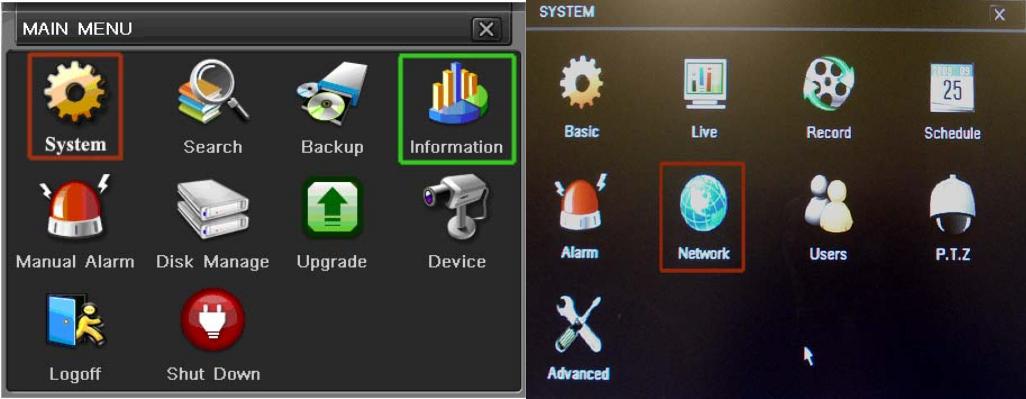
49
7. REMOTE SURVEILLANCE
7.1 Network Access
Accessing the DVR from a computer attached to the same router: If you are only going to access the DVR from a
computer that is attached to the same router as the DVR you only need to setup the information in the
NETWORK settings using either the DHCP option or assigning a static IP following the instructions below. Since
you are just going from one location to another on the same network port forwarding and knowing the public IP
address are not necessary. You would just access the DVR by entering the IP address of the DVR from the
NETWORK setup into the Internet Explorer browser window. After you setup the NETWORK settings using
DHCP or Static IP instructions skip down to the section: To access the DVR through Internet Explorer.
7.2 Setting Up Remote Access
There are 4 ways you can setup the DVR to be accessed remotely; DHCP, Static IP, PPPOE, and DDNS.
DHCP: If your router is setup for DHCP, and most of them are by default, you can have the router assign an IP
address to the DVR. To do this go to the Main Menu and select the System icon (Red box in Fig 7-1), then select
the Network icon (Red box in Fig 7-2), this will display the NETWORK screen shown in Fig 7-3. Put a checkmark
in the box at the end of the “Obtain an IP address automatically” line (Red box in Fig 7-3) and then click the
TEST button (Green box in Fig 7-3). After you get the OK message in the lower left hand corner of the screen
you click the Apply button to save the IP address. To find out what IP address was assigned you need to go to
the Information icon (Green box in Fig 7-1). After the router has assigned the DVR an IP address it is a good idea
to write down the address from the information section and then type the address into the IP address line and
then remove the checkmark from the box above the line. This is the IP address you will forward ports 80 and
6036 to on the router so you can access the DVR from remote computers.
Fig 7-1 Main Menu Fig 7-2 System



